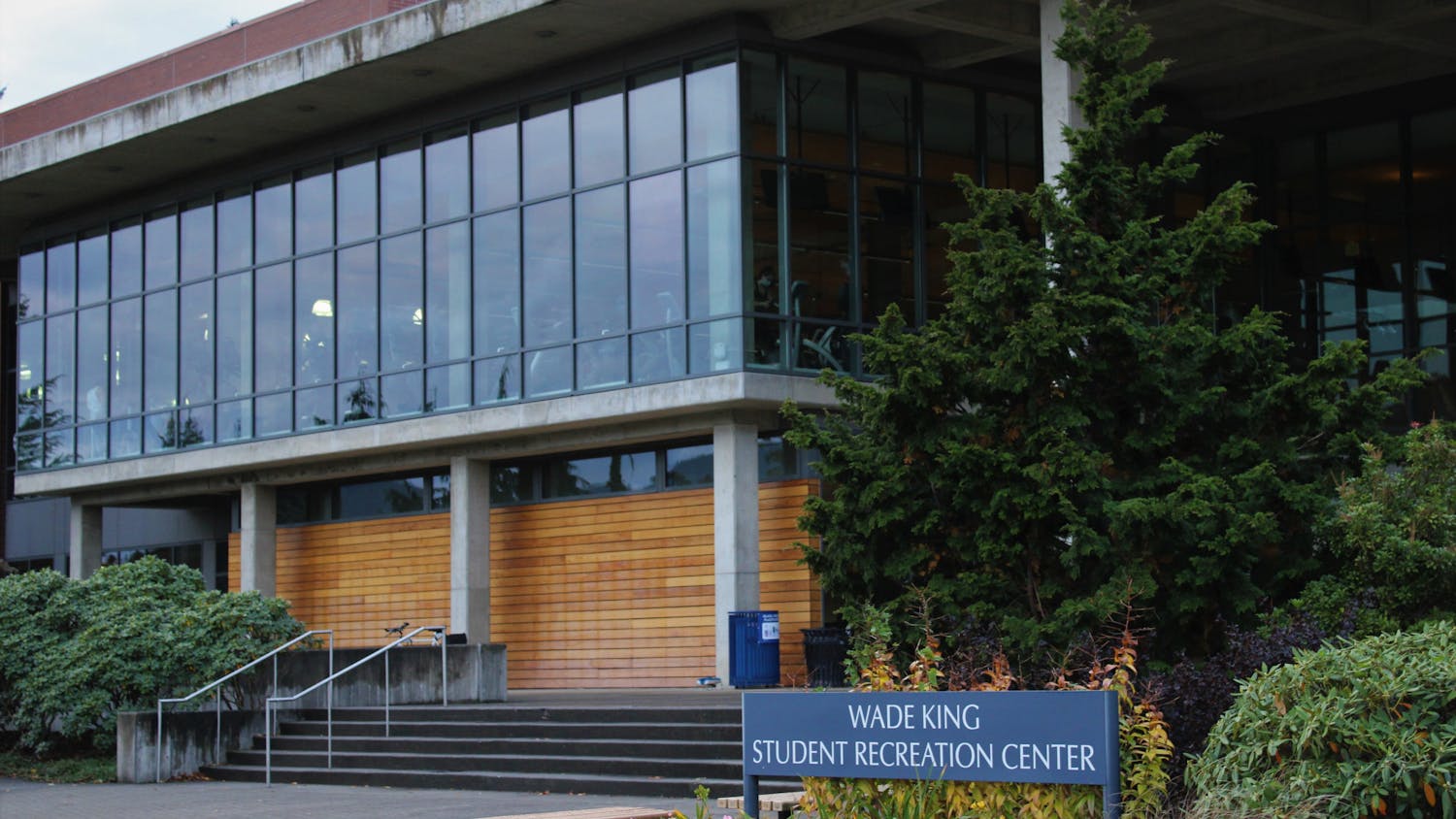Alumni sued to force university to release offenders’ names, penalties.

Editor’s note: This story has been amended since publication to correct factual errors. The ruling allowed the plaintiffs’ case to move forward despite the objections of parties who were named in the requested records. There was no decision about whether Western may be compelled to release the records. UPDATED NOVEMBER 3rd 2020:
A Whatcom County Superior Court judge has ruled that three Western Washington University alumni’s lawsuit seeking the university’s sexual assault disciplinary records may move forward.
Seven of the people named in the disputed records filed injunctions to prevent the suit from proceeding. Judge David E. Freeman ruled in the Oct. 22 order that the seven, called "intervenors," had failed to prove that their records should be exempt on the basis of either the state's public records law or the federal law that protects student privacy.
At issue, according to the court order, is whether the requested records are exempt from the Public Records Act because the release of student names, even those found responsible for sexual assault under a Title IX investigation, would violate the Family Educational Rights and Privacy Act, known as FERPA.
In January of this year, seven current and former Western students filed separate motions in an attempt to block the release of their names. They argued that FERPA protects their identities. Title IX investigations are not part of the criminal justice system in the United States. Instead, they belong to a category of “extra-judicial” hearings that universities conduct according to federal guidelines. Students who are found “responsible” for sexual assaults under Title IX may face penalties from the university.
FERPA protects students’ educational records, which are confidential and cannot be released without consent of the student, except under certain conditions defined by the law, according to the university’s Registrar’s Office. An FAQ from the U.S. Department of Education website explains the exception, noting that “[p]ostsecondary institutions may disclose the final results of disciplinary proceedings if the institution has found that the student has violated the institution’s rules or policies in regard to a crime of violence or a non-forcible sex offense.”
Stephan Jackson, who represents the intervenors, said in January he believed that an exemption within the Public Records Act applied. Some records, however, are exempt from the Washington law because the information would be highly offensive to a reasonable person and not of legitimate concern to the public.
“I don’t think it is in the public interest to be releasing the names of students who were involved in code-of-conduct violations,” Jackson said in January. “Particularly, code-of-conduct violations which are quasi-judicial proceedings that, as far as I know, aren’t public. So, it’s not like you’re going through the criminal justice system that we all expect.”
It is not clear how many of the students who filed the motions were current students at Western. The plaintiffs sued the university for access to the violations filed between Oct. 10, 2013, and Oct. 10, 2018. Thirty names were redacted from the records the university provided in response to the plaintiffs’ initial request. Eighteen were reported to have findings for sexual misconduct and 12 had findings for violence. All of the students whose records were under scrutiny were notified via letter, but some chose not to intervene.
In the Oct. 22 order, Judge David E. Freeman wrote that the intervenors did not sufficiently prove that the Public Records Act prohibited the release of their identities.
“The Intervenors have failed to carry their burden of proof to establish that the names of the students whose offenses are listed in the tables provided by WWU to the Plaintiffs are exempt under either the Public Records Act (PRA) or the Family Educational Rights and Privacy Act (FERPA),” the order stated.
There is no decision on the plaintiffs’ claim yet, according to the order. “All matters regarding Plaintiffs’ PRA claims against defendant WWU are reserved for future determination.”
Western Director of Communications Paul Cocke said that the university would respond to a request for comment by the end of the week. William Crittenden, who represents Baxter, Furukawa and Fields, could not be reached for comment before deadline. Stephen Jackson, who represents the intervenors, could not be reached for comment before deadline. This story will be updated.
Emily Bassett (she/her) is the campus news editor for The Front in spring of 2022. She is a third-year, majoring in medieval literature with minors in communication studies and education & social justice. Her writing interests include focusing on education issues and building community relationships. She likes discussions about grammar, deep dives into Old English literature, and baking in her free time. You can reach her at campusnewseditor.thefront@gmail.com or emilybassett.westernfront@gmail.com





